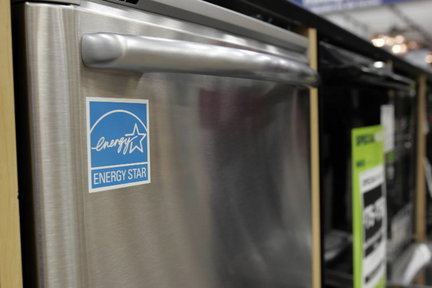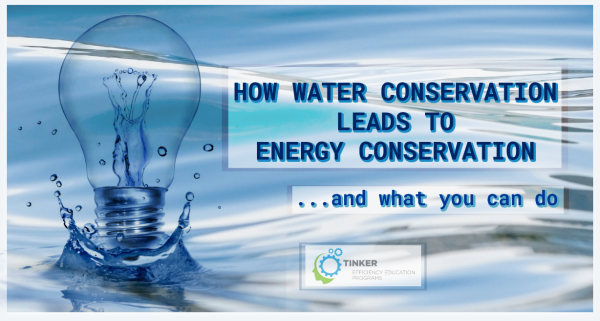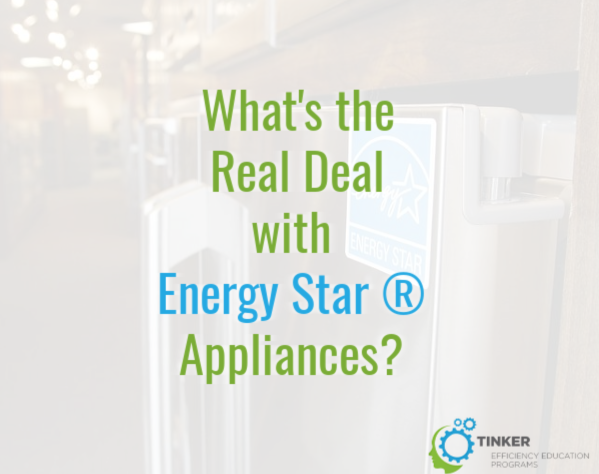The Pros & Cons of Energy Star Appliances
The Pros & Cons of Energy Star Appliances
When looking to upgrade your appliances, there are thousands of choices to make. With energy efficiency being all the rage the past several years, it’s likely you’re going to have to decide whether or not to go with an Energy Star appliance. If you’re on the fence, however, we encourage you to thoroughly consider going the most energy efficient route.
What is Energy Star?
Energy Star is a voluntary program of the United States Environmental Protection Agency (EPA), aimed solely at helping individuals and business save money while maintaining the highest energy efficiency standards. Established in 1992, the program has set the bar high for companies to create, sell and innovate the most energy efficient products they can. Not only has this opened up brand new industries and jobs, it has saved consumers countless dollars and kept environmental damage to a minimum.
Pros
With entire corporations partnering with Energy Star and more and more individuals investing in energy efficient appliances, there has been a significant greenhouse gas reduction in the United States. Greenhouse gas emissions are directly related to climate change and other environmental and health concerns. Because they are held to such a high standard towards our environment, Energy Star appliances are routinely tested and rated, giving consumers the choice to knowledgeably purchase the most energy efficient product available. But it isn’t only our environment that benefits from energy efficiency. When our appliances use less energy and power, they lower our costs. In fact, according to the United States Department of Energy, investing in these appliances can cut your costs from 10-50%. Also consider what you can do for less money with energy efficient appliances. For example, with an Energy Star washer and dryer set, you’ll use less energy to wash larger loads and dry them in less time than before – saving you both time and money.
Cons
There really is only one con to investing in Energy Star appliances, and that is the higher upfront costs. There’s no doubt that Energy Star rated products cost more initially than your average appliance and many people don’t want to or are unable to make such a purchase. But remember that even though these appliances cost more money upfront, they will save you costs in the long run and you’re almost guaranteed to get your money back.
Summary
Energy Star prides itself in being in a partnership with each individual customer and organization it works with. By constantly increasing the standards on their products, consumers are getting higher-quality, cost-effective products that are healthier for the environment. If the benefits of Energy Star weren’t so profound, it’s doubtful that over 16,000 manufacturers, retailers, efficiency program providers, trade associations, small businesses and home builders would strive to achieve the highest Energy Star ratings. Energy Star has grown to oversee products in over 70 different categories with an outstanding 4.8 billion sold since 1992.




